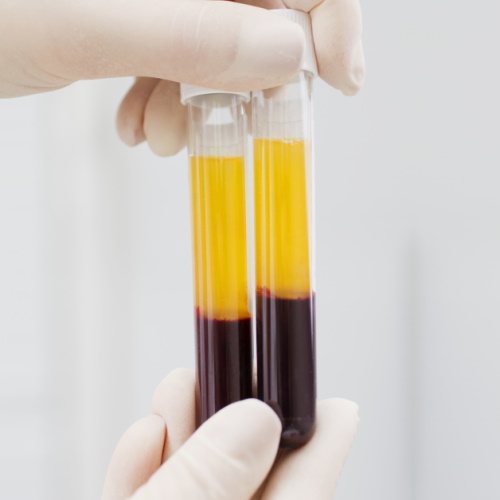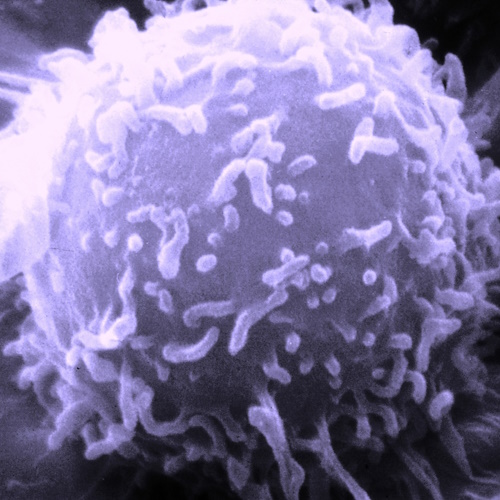Key points from article :
Researchers from Stanford University School of Medicine investigate the changes that occur in the blood cell population of aging mice, with the goal of potential applications in humans.
Over time, there's a decrease in blood cells derived from lymphoid lines, which are important for adaptive immunity, and an increase in myeloid-derived cells associated with innate immunity and inflammation.
Researchers identified myeloid-specific cell surface proteins (CD62p, CD150, and NEO1) that increase with age and could serve as antibody targets.
Antibodies targeting these proteins were used to selectively deplete myeloid-biased stem cells in mice.
This antibody treatment restored the balance of blood cell populations in aged mice, resulting in improved responses to new infections and decreased inflammation.
The researchers believe this approach has the potential for translation to humans to address age-related immune decline and potentially improve health and longevity.
The study is published in Nature.








